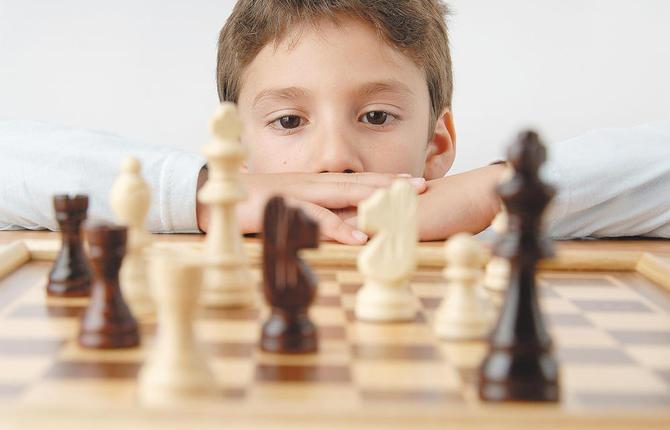
Understanding the four stages of learning
Our children learn new things every day at school, and we often do the same at home or work. But have you ever stopped to consider exactly how we learn a new skill? While it may not be something to which you've ever given much thought, understanding the four stages of learning can provide valuable insight into some of the reasons students have difficulty succeeding in school.
Unconscious Incompetence
The first stage is known as unconscious incompetence. Simply put, this means that not only do you not know how to do something, but you're also not even aware you don't know.
For example, take learning how to multiply numbers together. Having not yet attended school, young children do not have any understanding of what multiplication is, or what it is like to do it.
Conscious Incompetence
Once you start to learn a new skill, you enter the second stage, conscious incompetence.
At this point practicing the skill takes all your concentration and is usually accompanied by many mistakes. While you become quickly aware of your limitations, this is the stage when you learn the most.
In our example, when first learning how to multiply numbers together, students learn what multiplication is, and then various ways to figure out the correct answer. The key at this stage is to assure the learner that mistakes are not to be feared but expected and embraced – they are a natural part of the learning process. (Note: If your child did not do well this year on Math tests, it may be a sign he/she is still at this stage, and requires some tutoring this summer.)
Conscious Competence
After lots of practice and guidance, you reach the third stage, conscious competence, where you can successfully demonstrate the skill although it still requires a great deal of thought. Interestingly enough, this stage is often thought of the final stage by many students and parents.
In our example, students can correctly multiply numbers together but it is still a relatively slow process. While test results may be good, there is one more critical stage to go – especially in school subjects like Math.
Unconscious Competence
The final stage is unconscious competence, sometimes referred to as mastery. It is the stage when the process has been internalized and handed over to your unconscious. It is the stage, for example, when you are asked to multiply 5 x 8 and immediately know the answer is 40. The process has become automatic through lots of drill and practice, and frees your conscious mind up to solve more difficult challenges. (Note: Did your child run out of time on Math tests this year? It could be a sign he/she may be stuck at the previous stage and requires some additional practice this summer.)
Given that our conscious minds can only keep track of about seven things at once, it becomes especially important for students to get to the fourth stage of learning as soon as possible. After all, once we can get to the point of mastering the basics, we free our conscious minds to focus on bigger and better things.
• Interested in having Rob speak at your child's school? For contact information and to access his free monthly newsletter visit www.ParentingWithIntention.ca.







